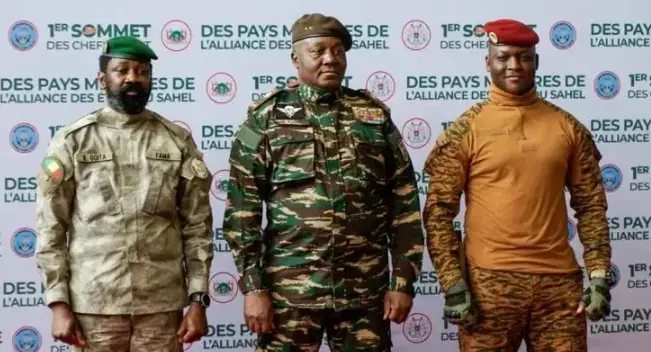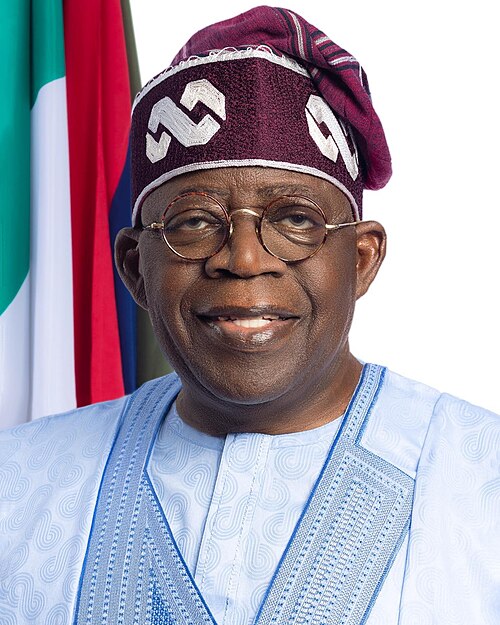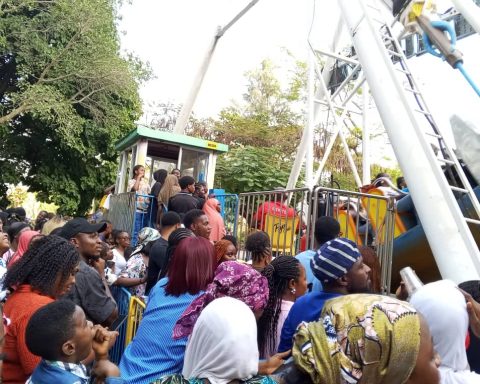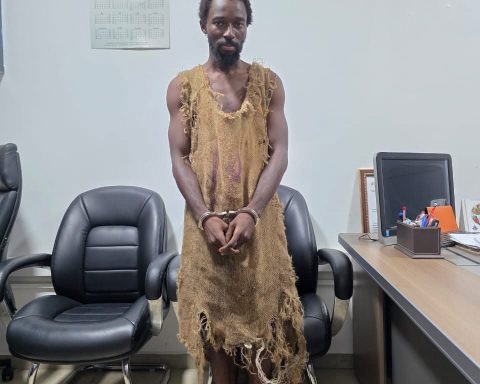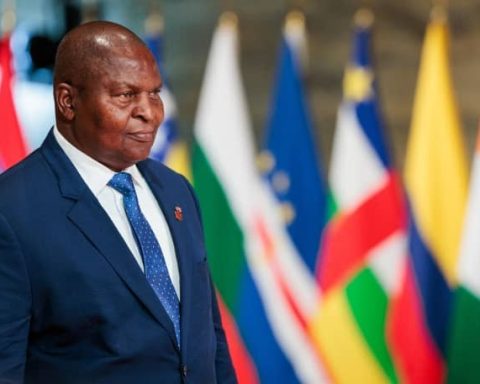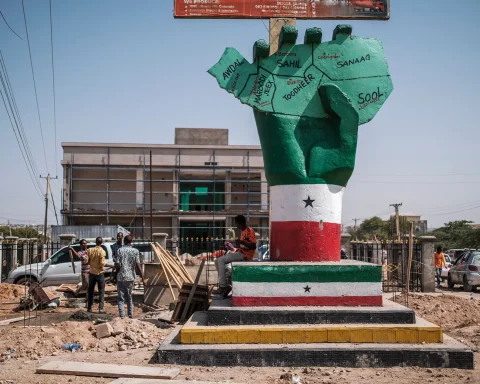Amnesty International says announcements of International Criminal Court (ICC) withdrawal by Burkina Faso, Mali and Niger constitute a serious backwards step in fight against impunity in the Sahel region and worldwide but will not affect ICC investigation in Mali, or on the state’s continuing obligations towards the Court.
Reacting to the news that Burkina Faso, Mali and Niger have announced their withdrawal from the Rome Statute of the International Criminal Court (ICC), Marceau Sivieude, Amnesty International’s Regional Director for West and Central Africa, said the move was an “affront to victims and survivors of the most serious crimes and to all people fighting against impunity in these countries and worldwide.”
According to Sivieude, “Withdrawing from the Rome Statute would not have any impact on the ongoing ICC investigation in Mali, or on the state’s continuing obligations towards the Court. However, once any withdrawal takes effect, it would significantly harm the prospect of victims and survivors of future war crimes, crimes against humanity or genocide from these Sahel countries from being able to pursue justice at the ICC if they cannot find justice at home.”
Join our WhatsApp ChannelPrime Business Africa reports that the process and effect of withdrawal from the Rome Statute is provided in Article 127 of the Rome Statute. ideally, withdrawal takes effect one year after notification is received by the UN treaty office in New York. Currently, 125 States are parties to the Rome Statute establishing the International Criminal Court.
The Amnesty International’s Regional Director also believes Mali’s withdrawal will not affect the ICC’s ongoing investigation into the situation in Mali, nor Mali’s obligations to the Court, including to cooperate with that investigation, which covers all crimes committed on the territory of Mali since January 2012 to the date that its withdrawal would take effect.
READ ALSO: ECOWAS Urges Member States’ Co-operation As Niger, Burkina Faso, Mali Exit Takes Effect
There are currently no public ICC investigations in Niger or Burkina Faso.
“If these three countries have genuine concerns about selectivity of the ICC, these should be raised as ICC member states through dialogue and constructive engagement within the Assembly of States Parties,” Sivieude said in a statement shared with Prime Business Africa.
He argued that withdrawals will not serve to address concerns, but would only remove the prospect of justice for victims and the protections they are provided by the Rome Statute.
He urged all ICC member states to “urgently call on Mali, Burkina Faso and Niger to urgently reconsider their stated decisions to withdraw from the Rome Statute.”


